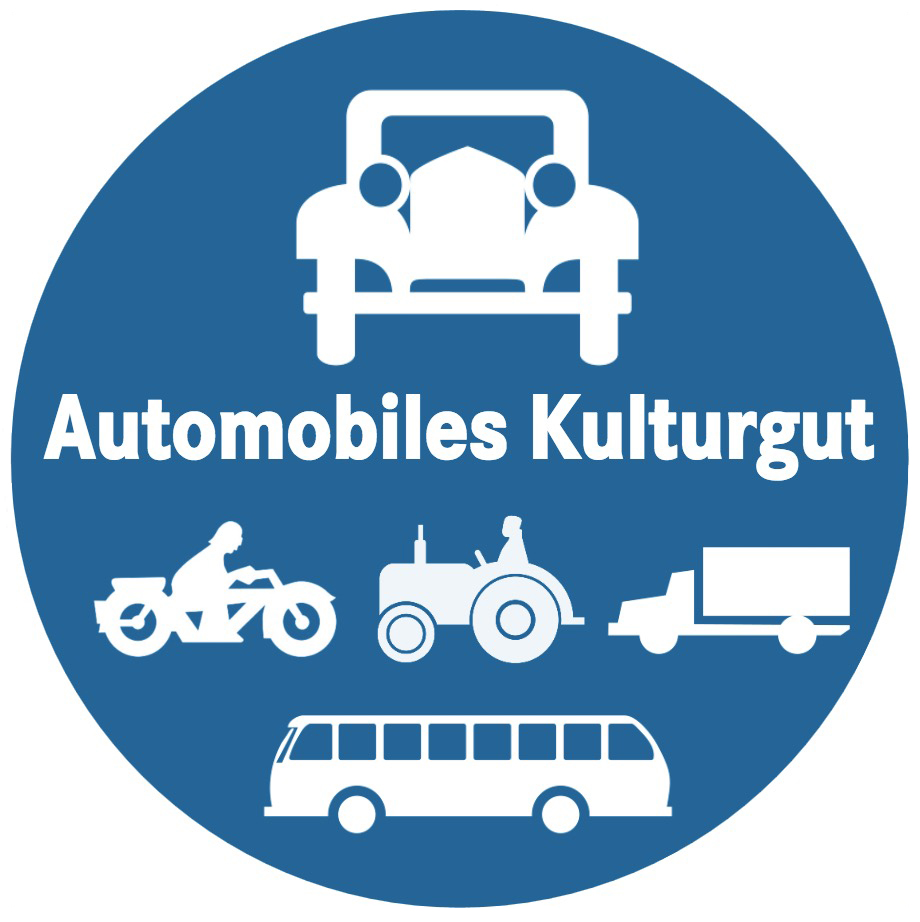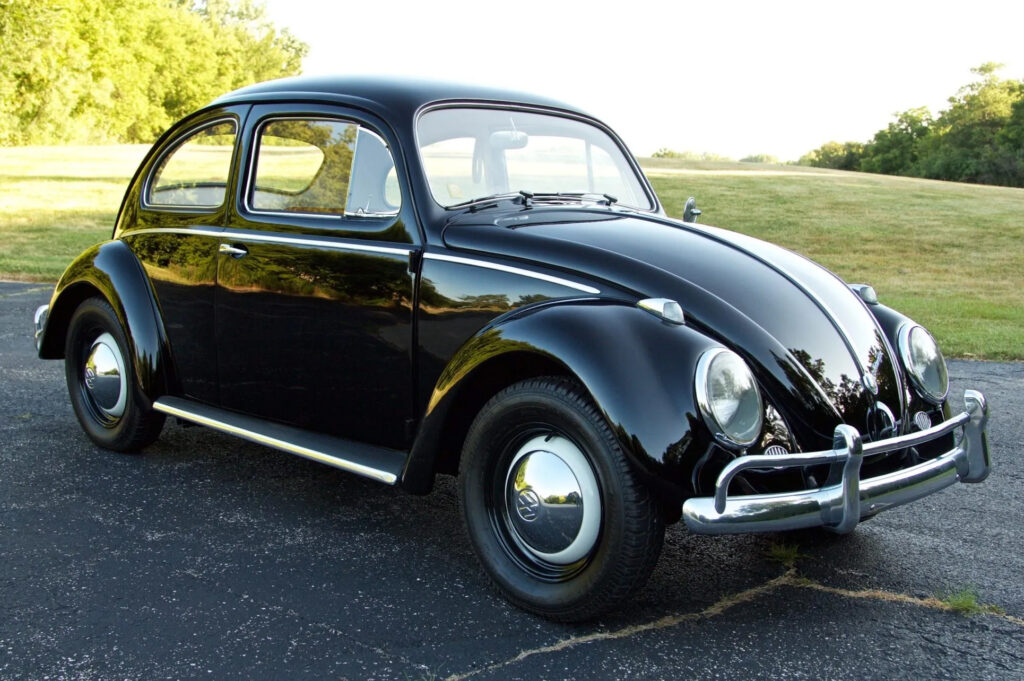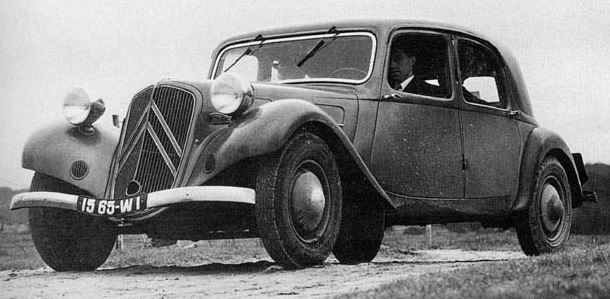Justifying Classic Cars On Today’s Roads

The Amicale Citroën International has shared an informative initiative by the Arbeitsgemeinschaft Historische Fahrzeuge (AGHF), a coalition of major German vintage vehicle associations and automotive clubs. Their mission is to protect, preserve, and promote historic vehicles as significant technical cultural assets, and they campaign for classic and vintage automobiles being licensed for road use.
The points they make emphasize the cultural and nostalgic value of classic cars, highlighting their role as a bridge between the past and present. It notes that while vehicles like the VW Käfer (Beetle) and Citroën Traction Avant were once commonplace, only a small fraction remain today, serving as mobile museums that evoke memories and symbolize sustainability.
Here is a summary of their key points that are equally applicable here in North America:
Classic Cars are Cultural Assets
Heritage Preservation:
Historic vehicles are not merely old machines; they are considered important cultural artifacts that reflect the history and evolution of automotive technology and design. Their preservation ensures that future generations can experience a tangible connection to the past.
Storytelling Machines:
Each vintage car tells a story, offering a glimpse into the socio-economic conditions, technological advancements, and cultural trends of its era. Examples like the Citroën Traction Avant serve as both icons of their time and bridges to collective memories.
Sustainability Through Longevity:
By maintaining and restoring historic vehicles, owners contribute to sustainability. Unlike modern mass production cycles, where items are often discarded quickly, classic cars emphasize the value of repair, reuse, and craftsmanship.
Impact on the Environment
Minimal Usage:
Classic vehicles make up only 1.2% of the total vehicle fleet in Germany and are used sparingly. Their annual mileage averages just 1,500 kilometers, a tiny fraction compared to regular vehicles. (These results are findings from a large representative survey executed in Germany in the recent years.)
Reduced Environmental Footprint:
Since these cars are not used for daily commuting but primarily for leisure, exhibitions, and cultural events, their overall contribution to carbon emissions is negligible (less than 0.2% of the total mileage). This dispels concerns about their environmental impact.
Emphasis on Leisure and Culture
Lifestyle and Hobby:
Classic car ownership is driven by passion, not practicality. Owners cherish their vehicles as a form of art and history. Driving a vintage car is often associated with leisure activities, such as attending car shows, rally events, or simply enjoying scenic drives.
Community, Club and Association Building:
The classic car community fosters strong social bonds. Events and clubs bring like-minded enthusiasts together, contributing to cultural exchange and collaboration.
The H-License Plate
Significance of the H-Plate:
The “H” (Historic) license plate, a national German special number plate introduced in 1997 (number plate type “…-… H”), is a vital tool for preserving automotive heritage. It is available for vehicles over 30 years old that are well-maintained and largely in their original condition.
Recognition of Value:
Vehicles with an H-license plate are acknowledged as cultural assets, benefiting from reduced taxes and insurance rates, which support their preservation.
Preservation Incentive:
The H-license plate acts as an incentive for owners to maintain their vehicles in a historically faithful manner, ensuring the integrity and authenticity of the classic car fleet.
Summary data points to counteract misconceptions about classic cars:
- They are not major contributors to pollution.
- They are used far less frequently than modern vehicles.
- They play a minor role in overall traffic and emissions but a significant role in cultural preservation.
These statistics aim to balance the debate about environmental priorities and the cultural significance of classic cars.
We hope that you will find them useful of you have justify classic vehicles being on the roads of the state or province that you live in.




I understand and appreciate the efforts to justify the usage of classic cars on public roads as described in the article.
I’d like to add that aside all that, I don’t think any government authority has the right to prevent the usage of a classic car on public roads.
To do so is to imply there is some kind of ‘expiration’ date in car usage.
What right does any government authority have to dictate to a car owner how long he can legally drive his vehicle?
I know we are speaking of really old vehicles but for example, I own a 19 year old Corvette I bought new on 2006 and still drive regularly in non winter months.
No government has the right to tell me ‘that’s long enough’ and force me to purchase a newer car because although my Corvette met all requirements for new cars as far as emissions and safety in 2006, it no longer does in 2025.
I would not want to live in such an oppressive society that would be basically require me to become part of a ‘throw away the old’ culture, which is as the article mentioned, the opposite of a sustainable mindset.
One should be rewarded for preserving things instead of using ans trashing things.
Sure, it does not contribute to a corporation’s bottom line if we don’t get a new car every 5 years , but it’s much more sustainable in regards to natural resources if you’re going to make an environmental case about keeping old cars.
Sorry for the rant.
my 1964 2cv, 1929 ford, 1939 kubelwagen all wear florida’s blue plate ”antique vehicle” proudly. cars must be 30 yrs old, up from 25 a few yrs ago. no taxes, no annual charges, no annual registration….free ride after getting approval and buying the plate. plates originally were 65 dollars and most recently …i believe 65 (inflation). full insurance at reduced rates. should i have more garages ild no doubt have more blue plated antiques of european and american vehicles.
Bruce, I have a few cars on Antique blue Florida plates including my Citroen, but I pay annual registrations on them. You don’t? I have two 1930s cars on “Horseless Carriage red plate, those are permanent and no annual dues as log as i own them.